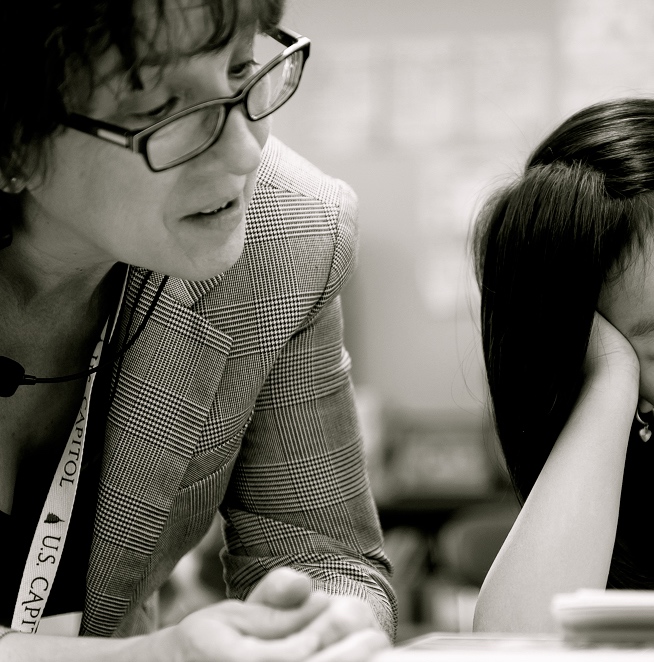Teacher
 I started reading Meditations from the Mat this weekend. The writings are daily practices in mindful meditation written by Rolf Gates and Katrina Kenison and had come highly recommended by a group of yogis I've encountered in an online group.In explaining his own yoga journey, from a weekend retreat at Kripalu to yoga teacher training, Rolf Gates relayed a story about an encounter with Baron Baptiste, renowned yoga teacher and author.
I started reading Meditations from the Mat this weekend. The writings are daily practices in mindful meditation written by Rolf Gates and Katrina Kenison and had come highly recommended by a group of yogis I've encountered in an online group.In explaining his own yoga journey, from a weekend retreat at Kripalu to yoga teacher training, Rolf Gates relayed a story about an encounter with Baron Baptiste, renowned yoga teacher and author.
..."Are you a teacher?" I said I was, but the words didn't ring true. I taught classes, but I was not a teacher.
For a while I puzzled over how that could be true; if one taught, one must be a teacher, right?As Rolf explained, the act of teaching is the act of drawing out. In yoga, that means drawing out what the student may already know about breath, alignments, and postures.In education today, do we have the flexibility to draw out of our students what they already know and can connect to? Can we lead them to knowledge without having to force it in before the students are ready for it?Standards in a general sense, are good end-goals for education and educators. Where standards and standards-based education go awry is when those end points are unreasonable or developmentally inappropriate or, in some cases, designed to foster failure. The purpose of early childhood education should not be a dress rehearsal for intermediate grade level standardized testing. Yet it sometimes is.As an example, I have heard from participants in the graduate level literacy class I led tell of kindergarten students writing or keyboarding. This is wrong. Forcing young learners toward skills that are outside what is developmentally appropriate for them is a disservice to them.Teachers want to teach, to draw out, what their students know to make connections. We want learning to be relevant, to spark curiosity and to stay with our students. We want to teach.